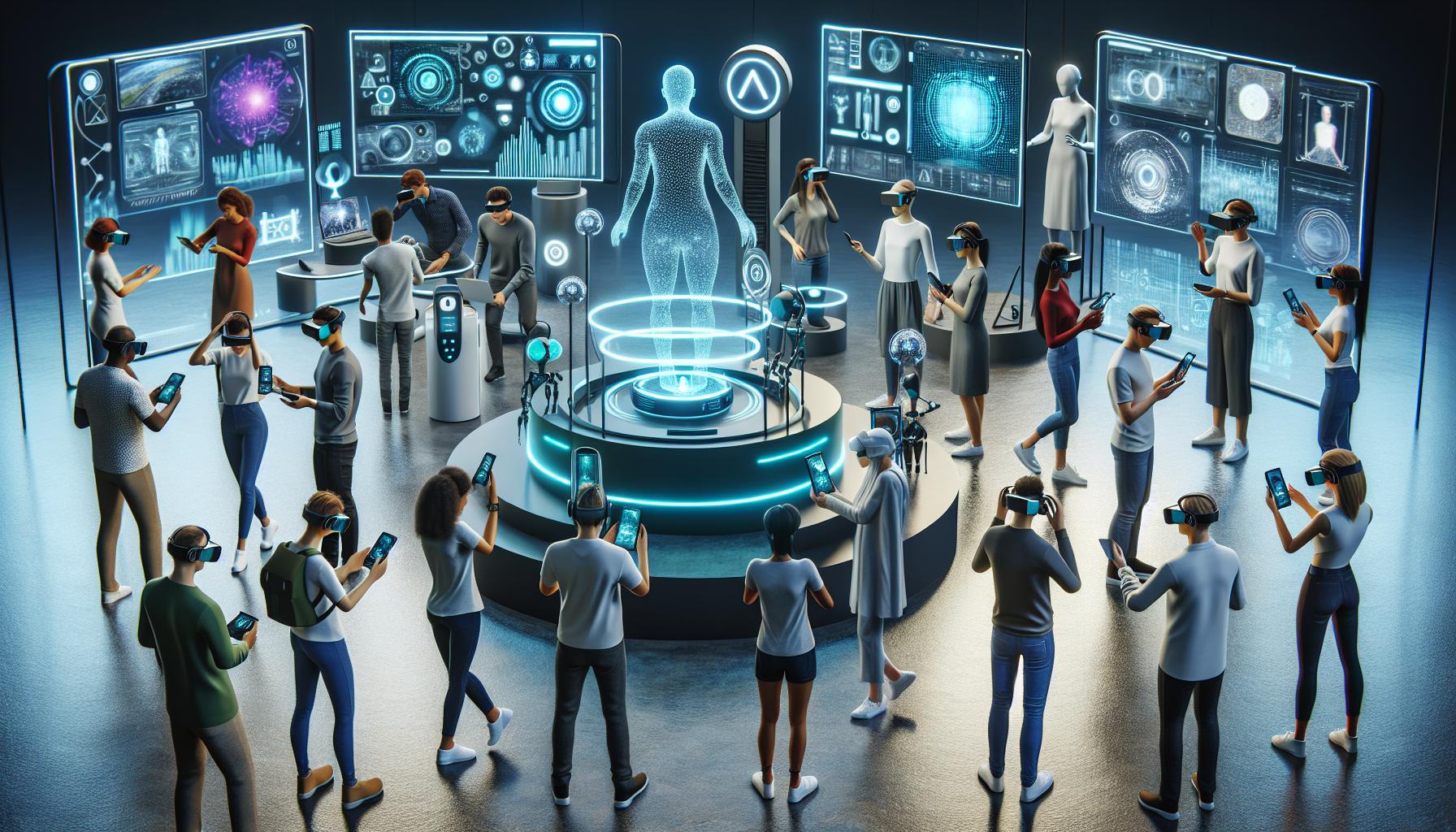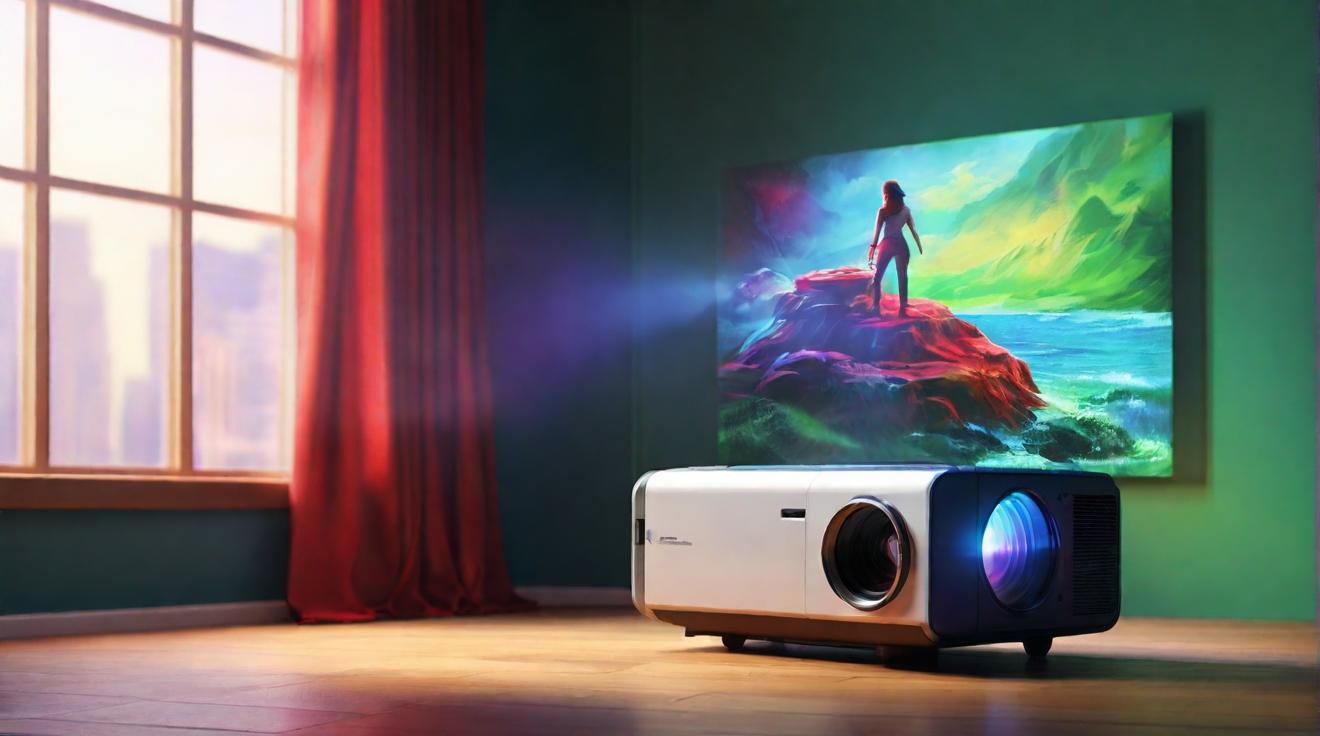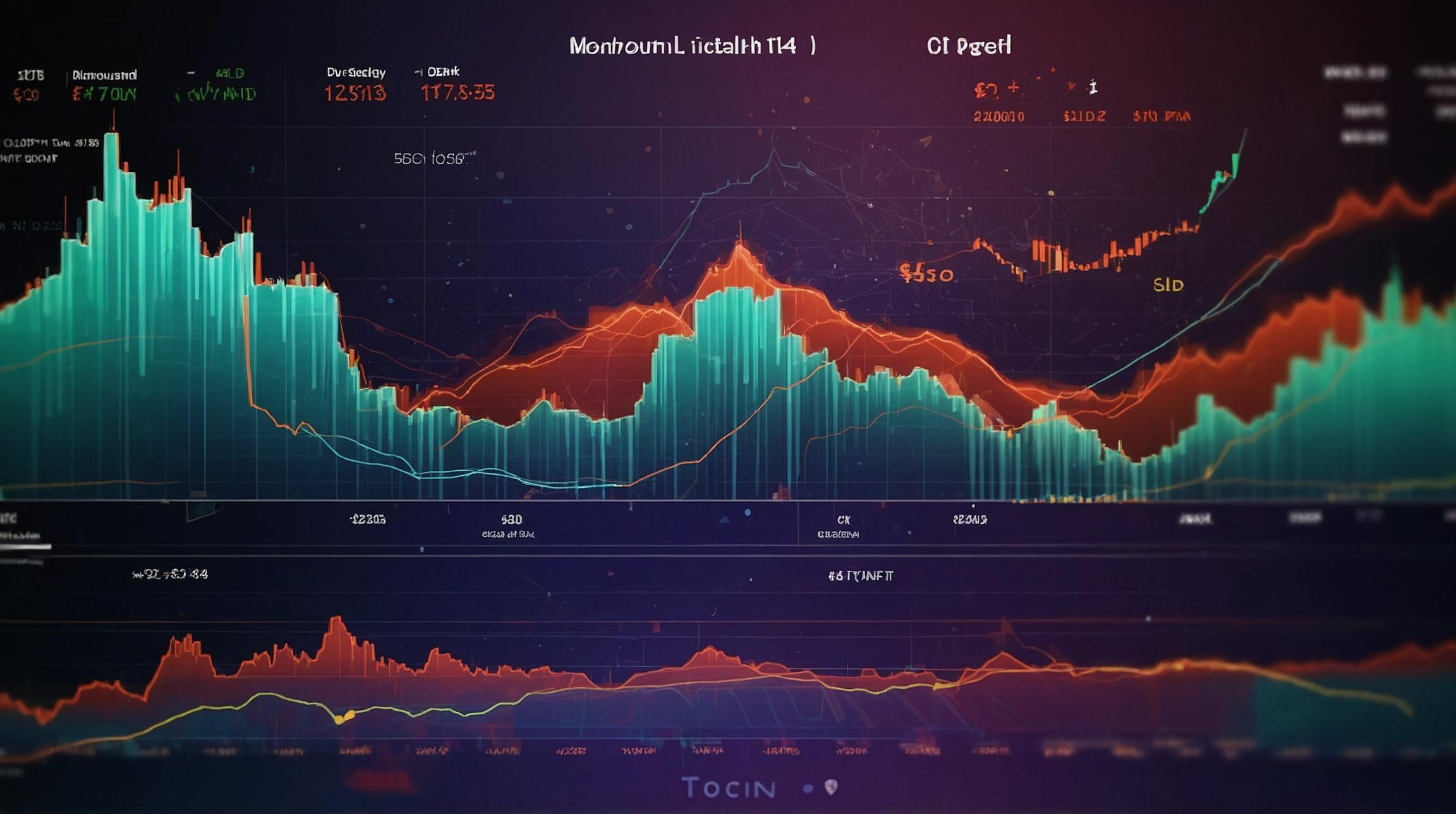The Future of VR and AR: Apple, Samsung, Google, Meta, and AI
As we enter 2024, the landscape of VR and AR is filled with anticipation and excitement. The major players in the tech industry, including Apple, Samsung, Google, and Meta, are all poised to make significant advancements in this space. However, one of the most intriguing aspects of this year is the increasing integration of artificial intelligence (AI) and a quest for functionality.
Apple’s Vision Pro: A Game-Changer in the VR and AR Landscape
Apple’s Vision Pro is set to be one of the standout products of 2024. With its high price tag of $3,500, this VR and AR headset promises impressive display quality and the ability to seamlessly blend the virtual and real worlds. What sets the Vision Pro apart is its potential to become a full computer for users, running all the apps and services one would expect from an iOS device. This move towards functionality could have a significant impact on how other headsets are developed and utilized in the future.
The Rise of Fitness in VR: A Powerful Tool for Health and Wellness
One of the most exciting areas of VR is its application in fitness and wellness. The author, who experienced high blood pressure and subsequent hospitalization, found solace in using VR to improve their cardio fitness. Supernatural on the Quest was particularly helpful, showcasing the potential for VR to not only entertain but also actively contribute to health and well-being. This highlights the function and practicality of VR beyond gaming and entertainment, making it a valuable tool for individuals seeking to improve their physical fitness.
From Entertainment to Functionality: Exploring the Potential of VR and AR
While VR has been praised for its immersive and innovative entertainment experiences, the quest for functionality is becoming increasingly important. Tech giants such as Apple, Samsung, and Google are making efforts to turn VR and AR headsets into fully functional computers that can seamlessly integrate with users’ daily lives. By incorporating features like external monitors and compatibility with various apps and services, these companies are paving the way for a new wave of practical applications for VR and AR.
AI and the Role of Smart Glasses in Enhancing Perception
Artificial intelligence (AI) is set to revolutionize the VR, AR, and smart glasses landscape. Companies like Meta are working on incorporating AI into their products, allowing the devices to act as smart assistants that blend perceptual data with voice commands. This integration of AI and smart glasses has the potential to enhance the functionality of these devices by enabling features like object recognition and analysis. AI’s role in these technologies is still in its early stages, but it offers exciting possibilities for the future.
In conclusion, 2024 promises to be a pivotal year for VR, AR, and smart glasses. Leading companies like Apple, Samsung, Google, and Meta are pushing the boundaries of functionality, demonstrating that these technologies are more than just entertainment devices. With advancements in AI and a growing focus on practical applications, VR and AR are set to become essential tools in various industries, from fitness and healthcare to productivity and communication. The future holds great potential for immersive experiences that seamlessly blend the virtual and real worlds, creating a new era of technology-driven possibilities.
Analyst comment
Positive news: The future of VR and AR is filled with anticipation and excitement as major players like Apple, Samsung, Google, and Meta make significant advancements. Apple’s Vision Pro VR and AR headset, with its ability to become a full computer, has the potential to impact how other headsets are developed. VR’s application in fitness and wellness, as demonstrated by VR improving cardio fitness, highlights its potential beyond gaming. With efforts to turn VR and AR headsets into fully functional computers and the incorporation of AI into smart glasses, the future holds great potential for practical applications in various industries.













